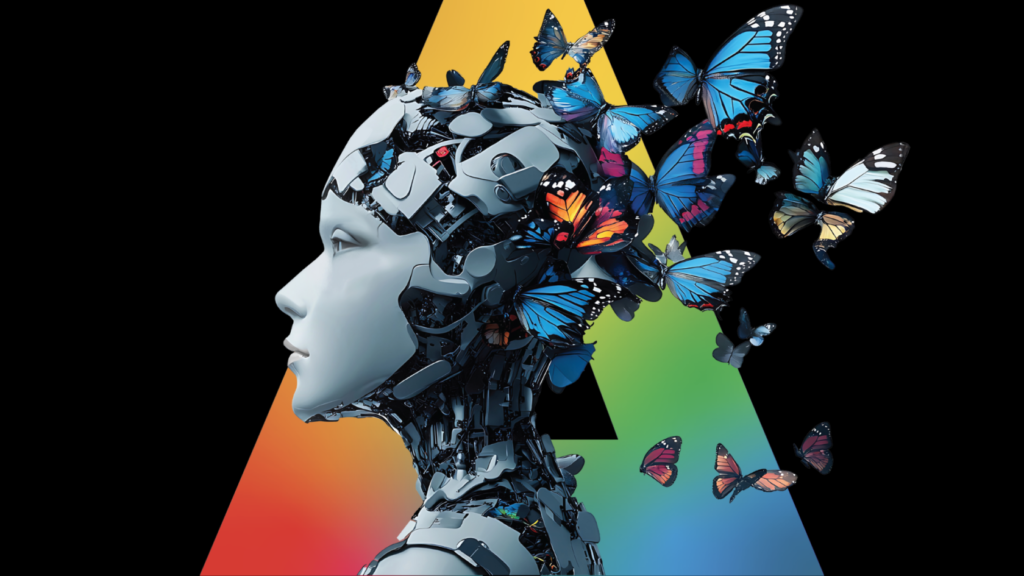Students Showcase Innovative Robotics to Combat Climate Change at 2025 Robotics for Good Youth Challenge
In a remarkable display of ingenuity, students from across Nigeria have convened in Abuja to present robotic solutions designed to address the urgent challenges posed by climate change. The event, known as the 2025 Robotics for Good Youth Challenge, took place on Thursday and was initiated by the International Telecommunication Union (ITU).
Kemisola Bolarinwa, Founder and CEO of NextRobotic Academy, highlighted the importance of encouraging students to engage with robotics, an essential technology of the Fourth Industrial Revolution. “We want them to develop solutions—robotic solutions—that can help in mitigating climate change effects,” Bolarinwa said. She cited increasing natural disasters, such as floods and earthquakes, and stressed the need for robots that can assist in rescue operations. “These robots can be deployed to disaster-stricken areas to rescue victims and transport them to safety,” she added.
Bolarinwa announced that winners from both junior and senior categories would represent Nigeria at the grand finale of the global competition in Geneva, Switzerland, set for July.
The Minister of Youth Development, Ayodele Olawande, underscored the significance of collaborative efforts in nurturing a supportive environment for Science, Technology, Engineering, and Mathematics (STEM) education. Represented by Chief Obinna Nwaka, Director-General of the Committee of Youth on Mobilisation and Sensitisation, Olawande acknowledged that investing in education would equip young people with vital skills and lay the groundwork for a new generation of leaders. “The young minds here are not just participants; they are trailblazers, innovators, and problem solvers,” he stated. “Their participation in this challenge exemplifies the commitment of our youth to address urgent global challenges through robotics and artificial intelligence.”
Kashifu Abdullahi, Director-General of the National Information Technology Development Agency (NITDA), expressed the agency’s support for the challenge, aiming to identify and nurture young talent. Abdullahi, represented by Dr. Femi Adeluyi, Assistant Director at NITDA, emphasized the agency’s focus on inclusivity to support comprehensive child development. “We have a program called Digital Literacy for All, which is championed by NITDA. We are also providing training for teachers because equipping teachers is essential for them to effectively impart knowledge to students,” he said.
Student innovators spoke confidently about their projects aimed at solving pressing issues. Perpetual Umeohanu, an SS3 student from Federal Government College, Ikirun, presented her team’s Disaster and Rescue Bot, designed to aid victims of natural disasters. “Our robot is aimed at helping injured and stranded individuals during events like earthquakes and tsunamis,” she explained. “Participating in robotics has significantly expanded my understanding of the world around me.”
Miguel Odjobo, a Year Five pupil from Bellanor International Community School, presented a recycling project aimed at reducing waste pollution. “I noticed the problem of garbage pollution firsthand, so I created this project to help make the world a better place,” he said.
The challenge featured participation from over 30 primary and secondary schools nationwide, showcasing the creativity and innovation of young minds ready to take on the challenges of the future.


